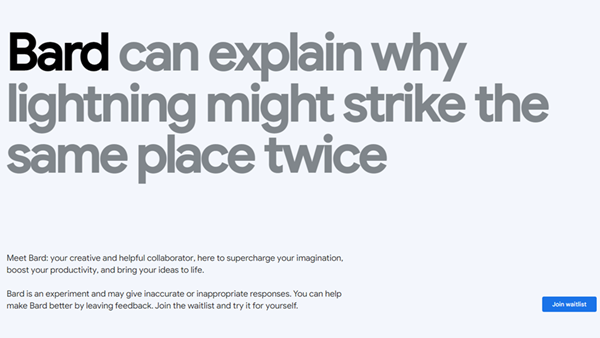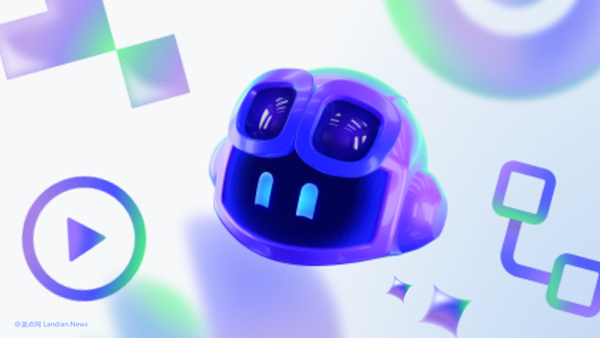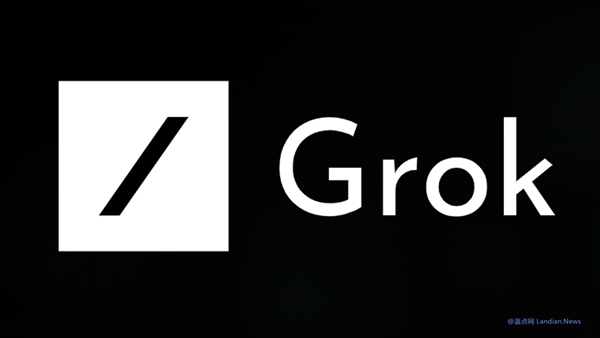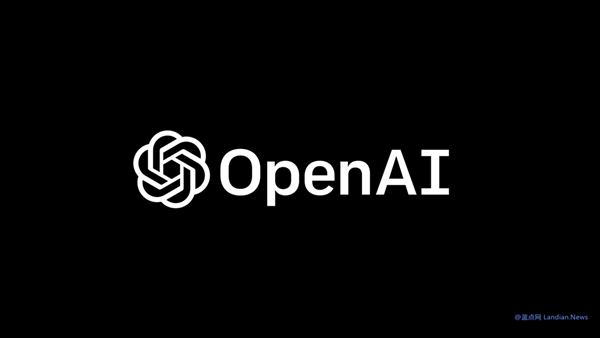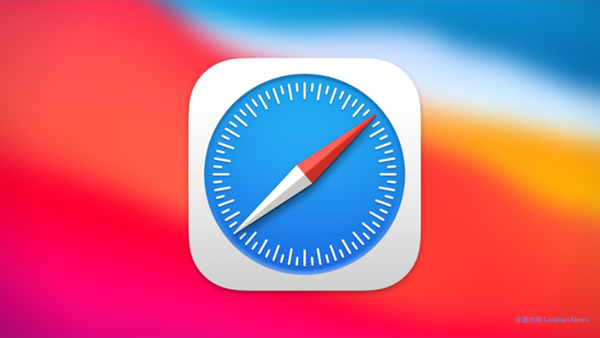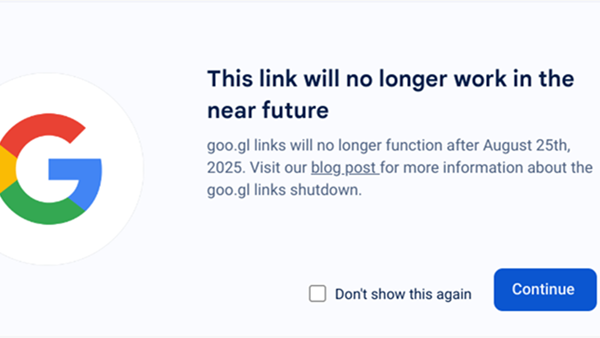Google Accused of Plagiarizing ChatGPT Data for Bard AI Development: Researcher Joins OpenAI
In the field of artificial intelligence, plagiarism appears to be a common occurrence, and tech giant Google is currently embroiled in controversy over allegations of data plagiarism.
OpenAI, known for training its AI models using publicly available data crawled from the global internet, has itself faced accusations of copyright infringement. Earlier this month, a group of publishers collectively sued OpenAI for infringement, seeking compensation. Now, OpenAI has found itself on the other side of the plagiarism debate as Google is being accused of copying ChatGPT data for the development of its Bard AI.
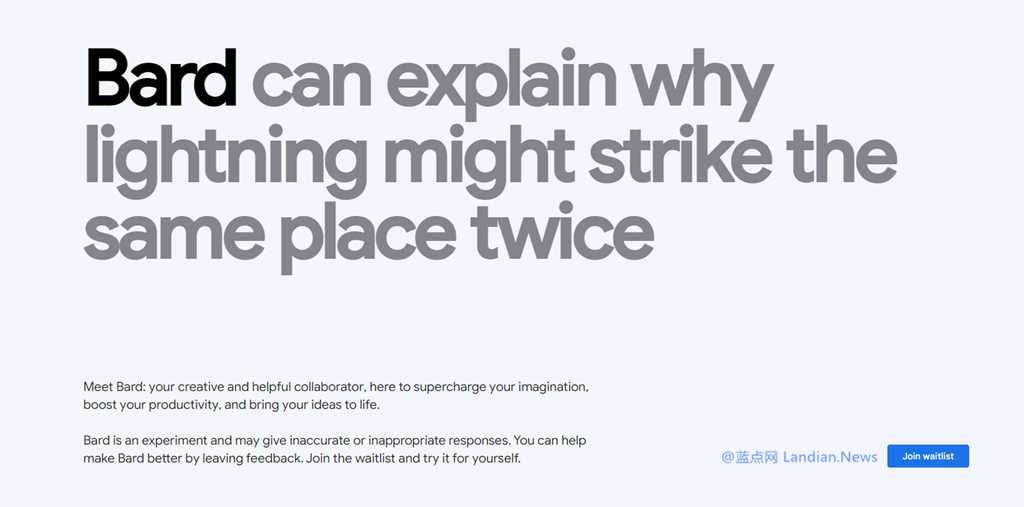
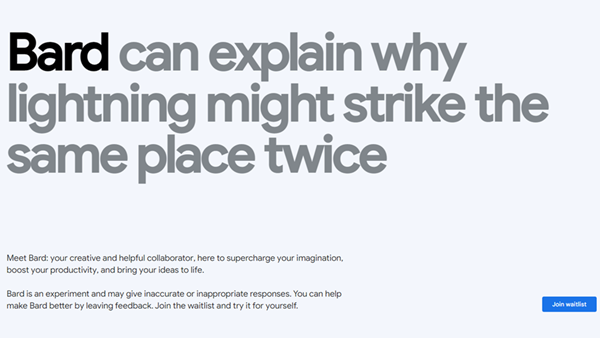
Jacob Devlin, a Google AI researcher, made the accusations and expressed concerns over Google's reliance on ChatGPT data during the development of Bard, describing it as a dangerous practice. Devlin noted that Google frequently accessed a website called ShareGPT to obtain data. ShareGPT, built by third-party developers, allows users to share responses they receive from ChatGPT, resulting in a repository of numerous ChatGPT conversation records.
As Microsoft holds an exclusive license to use ChatGPT for commercial purposes, Google's alleged scraping of data from ShareGPT to train its AI could potentially violate OpenAI's terms of service. If proven true, Google may face legal action from OpenAI.
Adhering to the principle that "a wise man keeps away from danger," Devlin promptly resigned from Google to avoid potential legal repercussions as an engineer involved in the project. In an ironic twist, Devlin subsequently joined OpenAI, dedicating his research efforts to improving ChatGPT's artificial intelligence capabilities.
The negative publicity from such serious allegations comes at an inopportune time for Google amidst intense competition in the AI industry. In response to the claims, Google swiftly issued a statement denying any wrongdoing, asserting that "Bard has not received training from any data originating from ShareGPT or ChatGPT."
The allegations highlight the complex and often contentious issue of data ownership and usage in the AI field. As AI technologies continue to advance, the debate over intellectual property and ethical practices is likely to intensify, raising questions that both the tech industry and legal frameworks must address.


